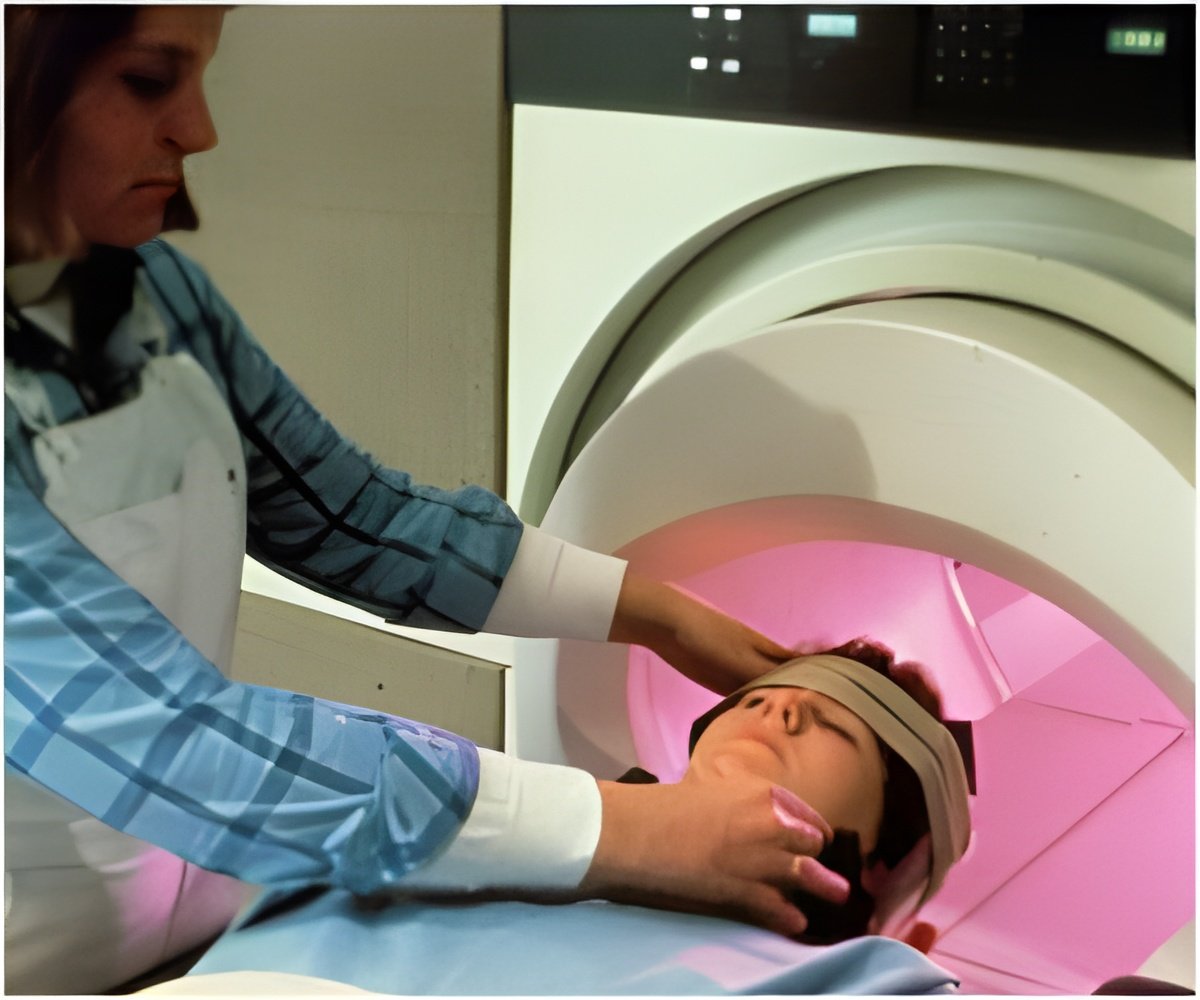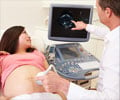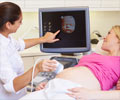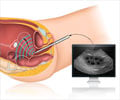The length of emergency room stay and CT scans can be reduced by using portable ultrasound as the first-line imaging in kids with suspected appendicitis, a new study found

In the study, investigators used a prospective observational convenience sample of 150 children seen consecutively between May 1, 2011 and October 1, 2012 in an urban pediatric emergency department. All children were under evaluation for suspected appendicitis. Outcomes were determined by surgical or pathology report in those found to have appendicitis and three weeks later in patients who were deemed not to have appendicitis. Operator accuracy reading the ultrasounds was reviewed in a blinded fashion by trained pediatric emergency medicine sonologists. The time to perform the point-of-care ultrasound and CT scan use was measured.
The study showed that emergency department length of stay declined by 2 hrs and 14 minutes (46% decrease) for those requiring radiology department ultrasound and nearly 6 hours (68% decrease) for those requiring CT scan when point-of-care ultrasound was inconclusive as a first-line imaging study. Importantly, no cases of appendicitis were missed with the point-of-care ultrasound protocol and no unnecessary surgeries were performed for a normal appendix. With focused ultrasound training, pediatric emergency clinicians were able to evaluate ultrasound exams with the similar accuracy as radiologists (about 94% accuracy). Dr. Tsung noted: "Surgeons are becoming more comfortable using ultrasound for decision-making and that is a big change from reliance on CT scans." The Mt. Sinai Division of Emergency Ultrasound is involved with an effort to educate providers at Mount Sinai Hospital to use safer ultrasound as a faster first-line study in kids.
The lead investigator, Inna Elikashvili, MD, was a clinical fellow at the Icahn School of Medicine at Mount Sinai when the research was submitted to the journal.
Source-Eurekalert














